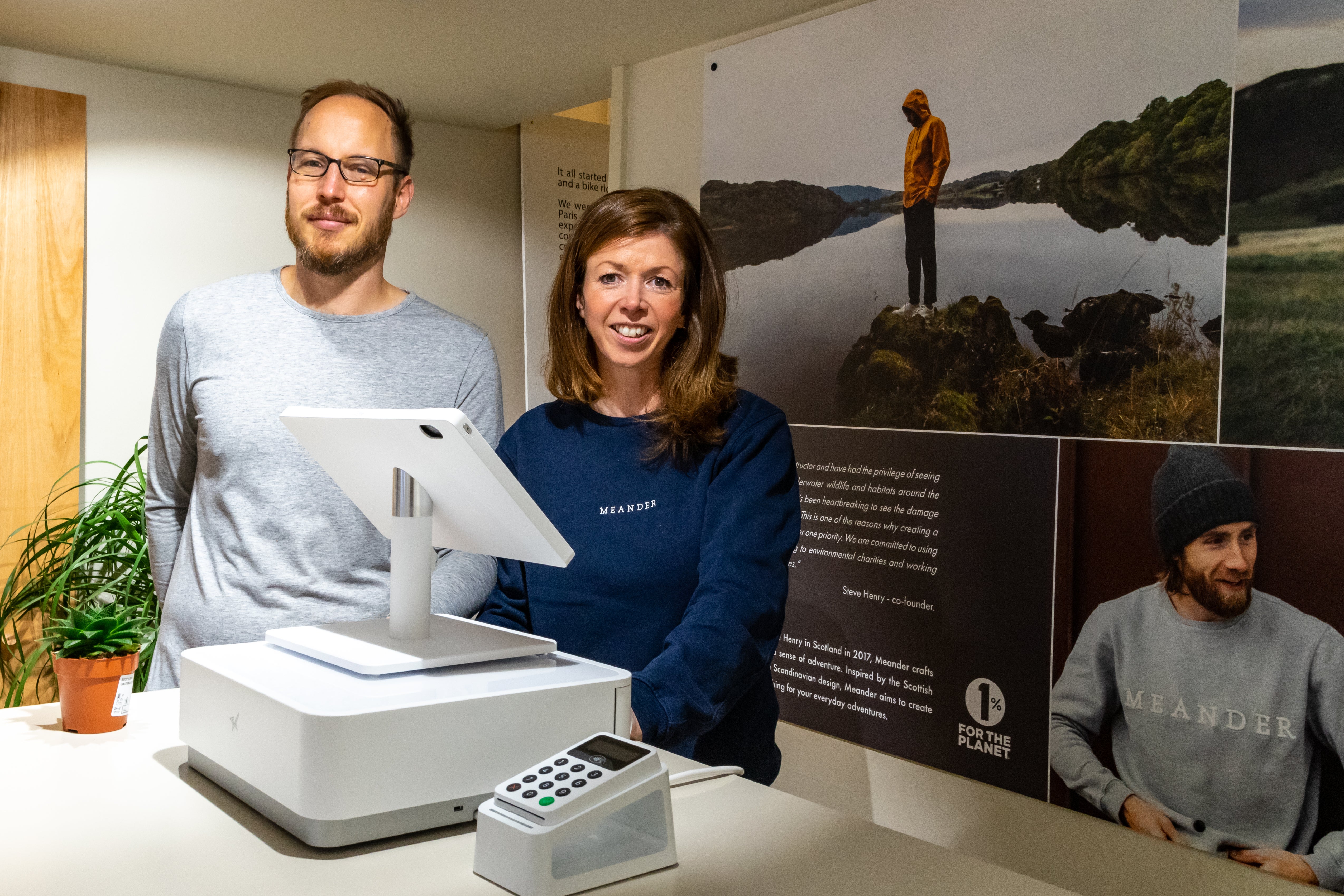British businesses urged to adapt to new rules for trading with Europe

Businesses in England, Scotland and Wales that deal with the EU are being urged to take immediate action to ensure they are compliant with new rules which came into force on 1 January following the end of the Brexit transition period.
Companies that fail to act face disruption but there is support for those firms trading with Europe which are yet to adapt to the new arrangements.
Despite the fact a deal was secured, businesses still need to change the way they operate to ensure they do not fall foul of revised customs procedures.
For example, since 1 January, British companies need to fill out customs declarations when exporting goods to the EU.
Firms can make the declarations themselves although most will use an intermediary like a courier, freight forwarder or customs agent.
For trade with countries outside the EU, firms are urged to check for any changes to tariffs. Key actions include making sure companies have an EORI number starting with GB, checking the new rules for importing and exporting goods and ensuring goods meet origin rules before claiming preference.
If exporting, businesses will also need to check that the destination for their goods is prepared for the new paperwork.
Those travelling to the EU for work, even short trips, may need a visa or work permit or risk being barred from entering.
Individuals will also need to ensure their UK professional qualification is officially recognised if they want to work in a regulated profession in the European Economic Area or in Switzerland.
Jill Henry, the co-founder of Meander Apparel, a Scottish sustainable outdoor clothing shop, has adapted her business for the new trading conditions and encouraged other business owners to seek advice on the rules.
“Take your time,” the 43-year-old from Edinburgh said. “Find a good shipper who will give good advice. And speak to an accountant, as we know something we need to pay more attention to in the future is the fact that the VAT system is a little bit different. We have been speaking to our accountants to make sure we know exactly what the new costs are.
“It can look like a minefield, but it depends on each person’s industry. It is a case of finding someone who can explain it all to you. Finding people who help businesses who can maybe simplify things makes it easier because at first coming across those websites it can seem a little bit daunting. But once you know what you are looking for it becomes much easier.”
Founded in 2018, Meander Apparel’s collection has already been sported by the likes of Sir Richard Branson, his son Sam, fashion designer Henry Holland and Olympic cycling gold-medalist Callum Skinner.
Jill said she and her husband, Steve, have been making changes to the terms and conditions on their website as well as updating prices to ensure customers – particularly those living elsewhere in Europe – are informed about the impact of the end of the transition period.
“It has been a case of changing shopping terms on our website, moving things around a bit and increasing our shipping costs to absorb the duties so that our ecommerce customers buying from our website across in Europe aren’t hit with any extra charges when the items arrive. Part of that is just working out what the different duties are.”
New rules are here
Doing business with Europe has changed.
Use the Brexit Checker Tool to get personalised actions for your business.
GOV.UK/TRANSITION
Adam Sopher, co-founder of luxury popcorn brand Joe & Seph’s, said “like every business we like to know with 100 per cent certainty what is happening and changes that could risk import and export make it more challenging to grow our business”.
The food firm, which exports to 19 countries around the world, including Ireland, France and Germany, has had to redesign all of its packaging to account for the changes brought about by the UK leaving the customs union and single market.
“For those companies who don’t export or import as frequently, I’d strongly recommend they give it a go now and make sure when they do need to do it they’re aware of the additional time and paperwork and have everything they need ready," he said. "You want to avoid being caught out.”
Barry Leahey, managing director of equipment supplier Playdale Playgrounds, has been significantly affected by the new trading rules as his firm has distributor agreements in 51 countries around the world.
“The EU is important for us: France, Germany, Spain, Netherlands, we’ve got a consignment going to Italy today and we just signed an agreement with Estonia,” he said.
“We started to prepare nearly four years ago. When the [Brexit] vote happened, we said: How do we get ready for this.
“We went back to business basics and put together a Brexit risk register, which was owned at board level and we revisited it every month.
“That would cover things like movement of people, contracts, logistics, supply chain, which involved us writing to each of our 80 suppliers to find out what their supply chain was and we suggested that they all did the same to make sure that there was less risk.
“Everything’s going smoother than we expected. Yes, there’s still a bit of friction around new documentation and the time to complete new documentation, but in time I’d like to think we’ll get better at it.”